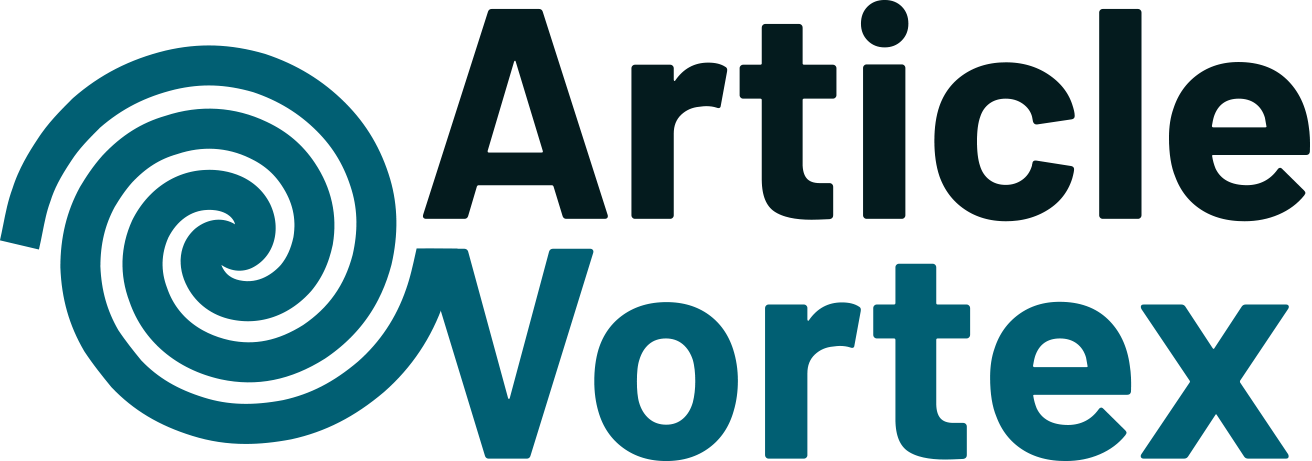What Is an ADHD Test?
An ADHD test is a diagnostic tool used to determine whether an individual exhibits symptoms consistent with Attention-Deficit/Hyperactivity Disorder. These tests can be administered by psychologists, psychiatrists, or other licensed mental health professionals. While no single test can definitively diagnose ADHD, a comprehensive evaluation combines several methods to form a reliable assessment. Most ADHD tests include a combination of behavior questionnaires, interviews, and sometimes cognitive or neurological assessments.
The goal of ADHD testing is to understand how attention, impulsivity, and hyperactivity levels affect daily functioning. This process often involves input from multiple sources, including parents, teachers, or caregivers, especially when diagnosing children. In adults, a thorough personal history is essential. The testing process not only helps confirm the presence of ADHD but also distinguishes it from other conditions that may have similar symptoms, such as anxiety, depression, or learning disorders.
Common Types of ADHD Tests
There are several types of ADHD tests available, each designed to assess different aspects of behavior and cognitive functioning. A full evaluation usually includes a combination of the following:
- Behavioral checklists and rating scales: Tools such as the Conners or Vanderbilt scales are commonly used to assess inattentiveness, impulsivity, and hyperactivity levels.
- Clinical interviews: Structured or semi-structured conversations help gather detailed information about symptoms and their impact on daily life.
- Psychoeducational assessments: These tests evaluate cognitive abilities, memory, and academic skills to rule out other causes of attention problems.
- Observational assessments: Behavior is observed in different settings to understand how symptoms manifest in various environments.
It’s important to note that ADHD testing is not a quick process. The evaluator must carefully consider all data collected before making a diagnosis. This ensures that any conclusions are well-supported and that tailored recommendations can be provided.
Who Should Consider Getting Tested?
Anyone who frequently struggles with attention, organization, task completion, or impulsivity might benefit from an ADHD test. This includes children who have difficulty following instructions at school, teenagers who find it hard to focus on academics, and adults who experience chronic disorganization or procrastination in their personal or professional lives.
Here are some signs that could indicate the need for ADHD testing:
- Persistent forgetfulness or losing items frequently
- Difficulty staying focused during tasks or conversations
- Restlessness or frequent fidgeting
- Acting without thinking through consequences
- Problems managing time or meeting deadlines
These issues can significantly interfere with academic performance, job responsibilities, and social relationships. Getting tested can offer clarity and lead to more effective coping strategies or treatment plans.
What to Expect During the Evaluation Process
The evaluation process for ADHD typically starts with an initial consultation, where the clinician gathers background information and discusses current concerns. This is followed by a more in-depth assessment that may span several hours or visits. During this time, the evaluator will use a series of tests and questionnaires to assess behavioral patterns and cognitive skills.
In many cases, the testing process includes the following steps:
- Review of medical and family history
- Completion of rating scales by the individual and possibly others (like parents or teachers)
- Standardized tests to measure attention span, memory, and problem-solving abilities
- Clinical interview to explore symptom patterns and life impact
After gathering all necessary information, the clinician reviews the results and provides a comprehensive report. This report may include a diagnosis, if appropriate, and recommendations for treatment or accommodations, such as therapy, medication, or classroom modifications.
Benefits of an ADHD Diagnosis
Receiving a formal diagnosis can be a pivotal moment in someone’s journey toward better self-understanding and support. An ADHD diagnosis can validate personal experiences and explain long-standing challenges. Most importantly, it opens the door to targeted interventions that can improve quality of life.
Some potential benefits of an ADHD diagnosis include:
- Access to medication that can help manage symptoms
- Eligibility for academic or workplace accommodations
- Improved self-awareness and coping strategies
- Support from therapists or coaches trained in ADHD management
- Better communication with family or colleagues about needs and boundaries
It’s also worth noting that many people find relief simply in knowing that there’s a name for their experiences and that they’re not alone. With the right support, individuals with ADHD can thrive in both personal and professional aspects of life.
Conclusion: Taking the First Step Toward Clarity
Whether you’re a parent concerned about your child or an adult noticing persistent focus issues, seeking an ADHD test can be a valuable step toward understanding and managing symptoms. Though the process may involve time and effort, the insights gained can lead to meaningful changes in how challenges are addressed. With accurate diagnosis and tailored support, individuals with ADHD can find strategies that work for their unique needs and improve their daily functioning.












